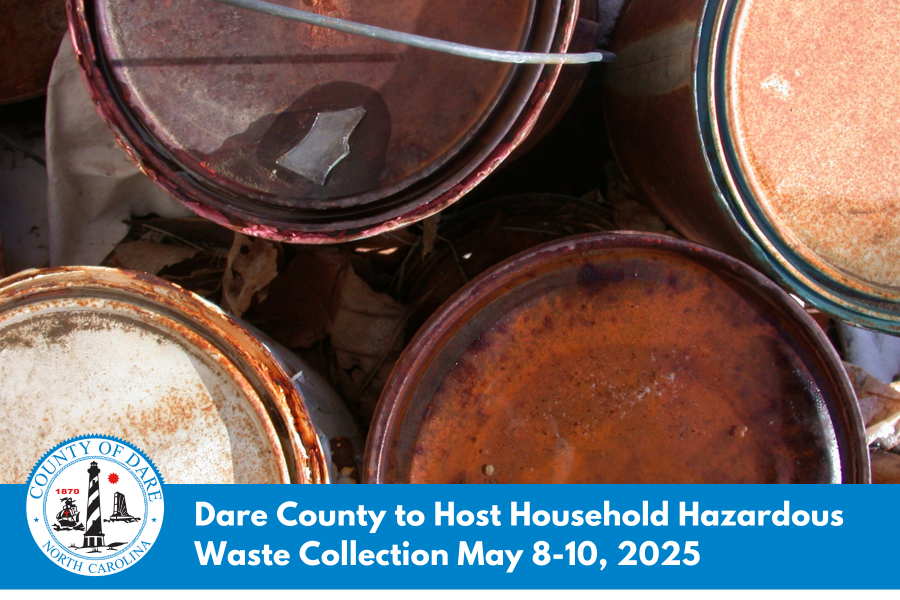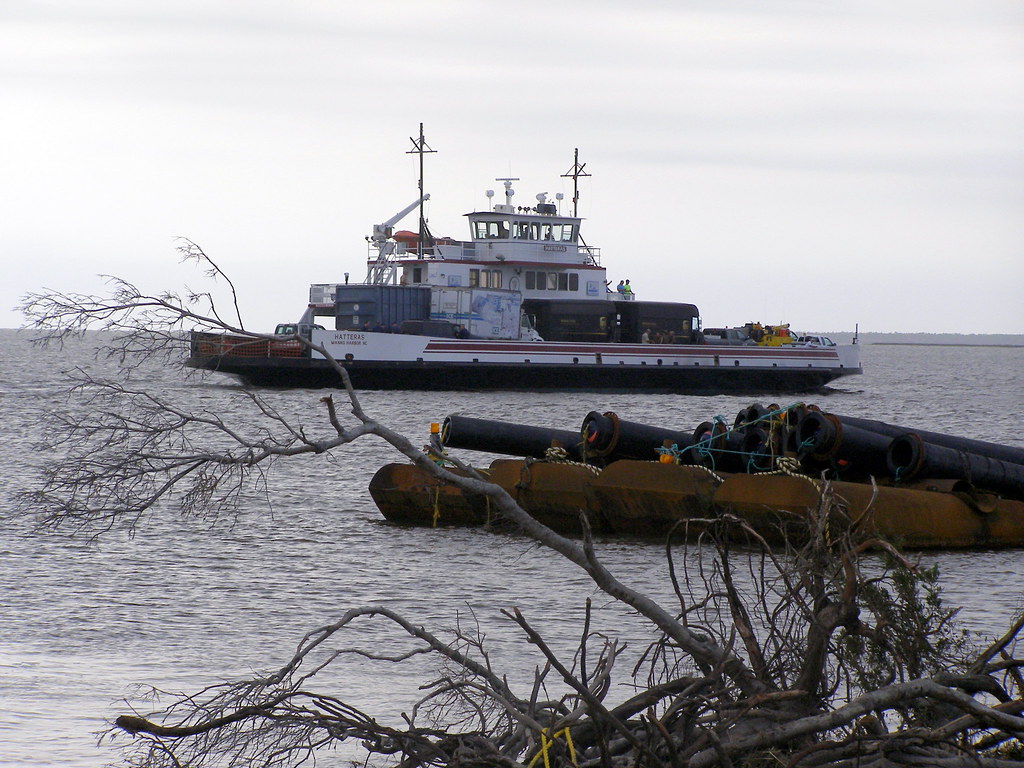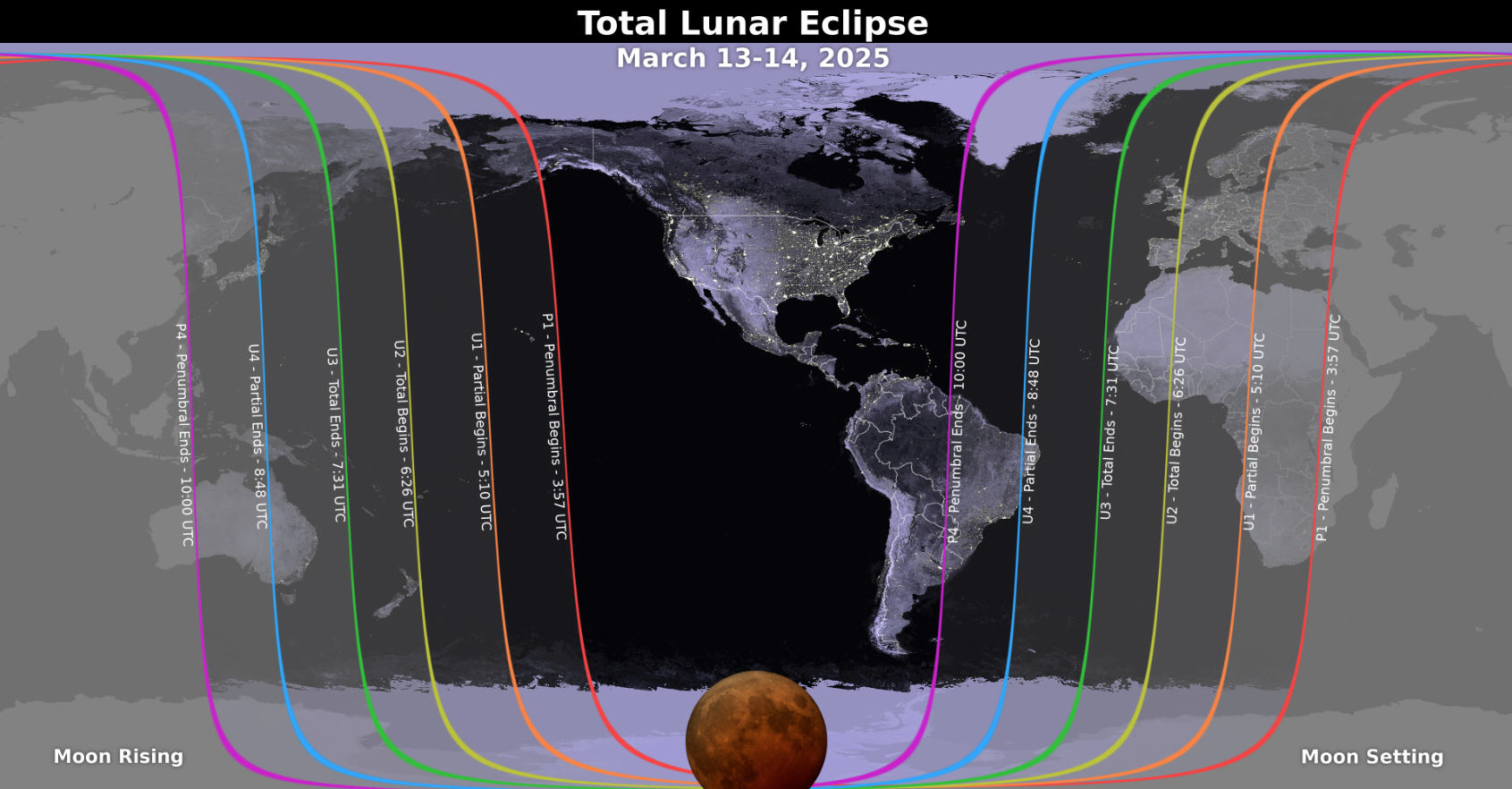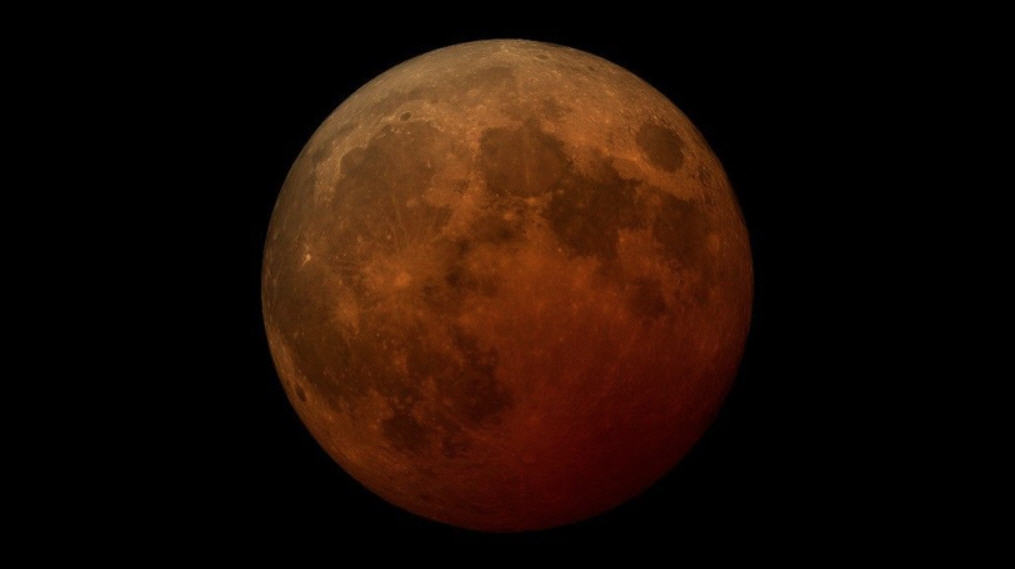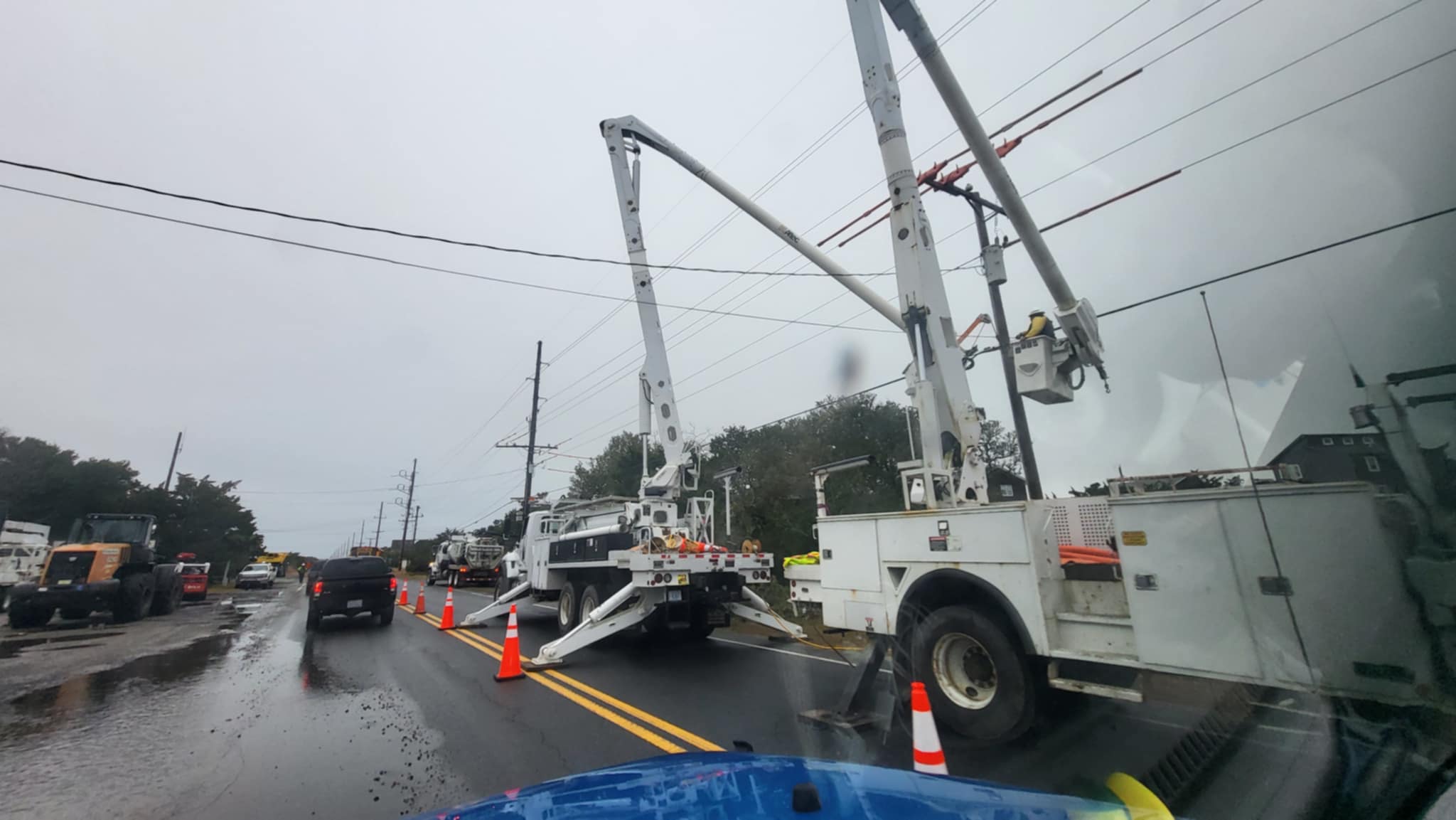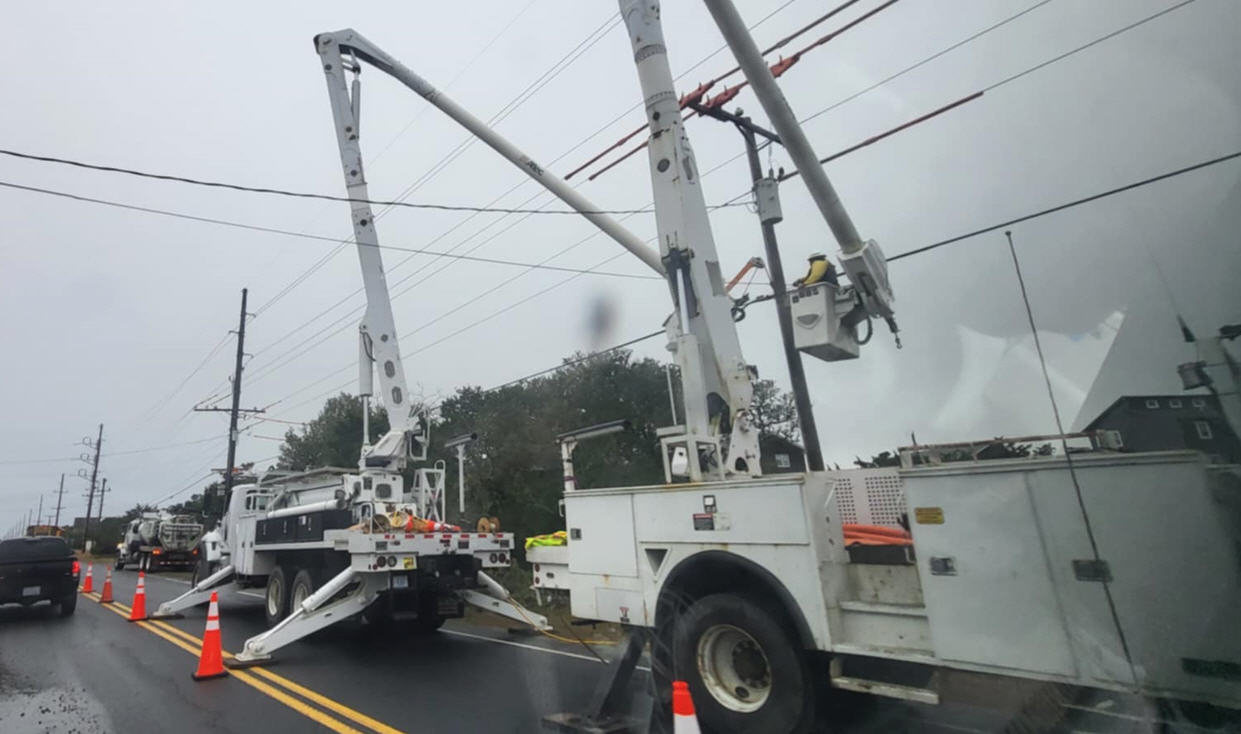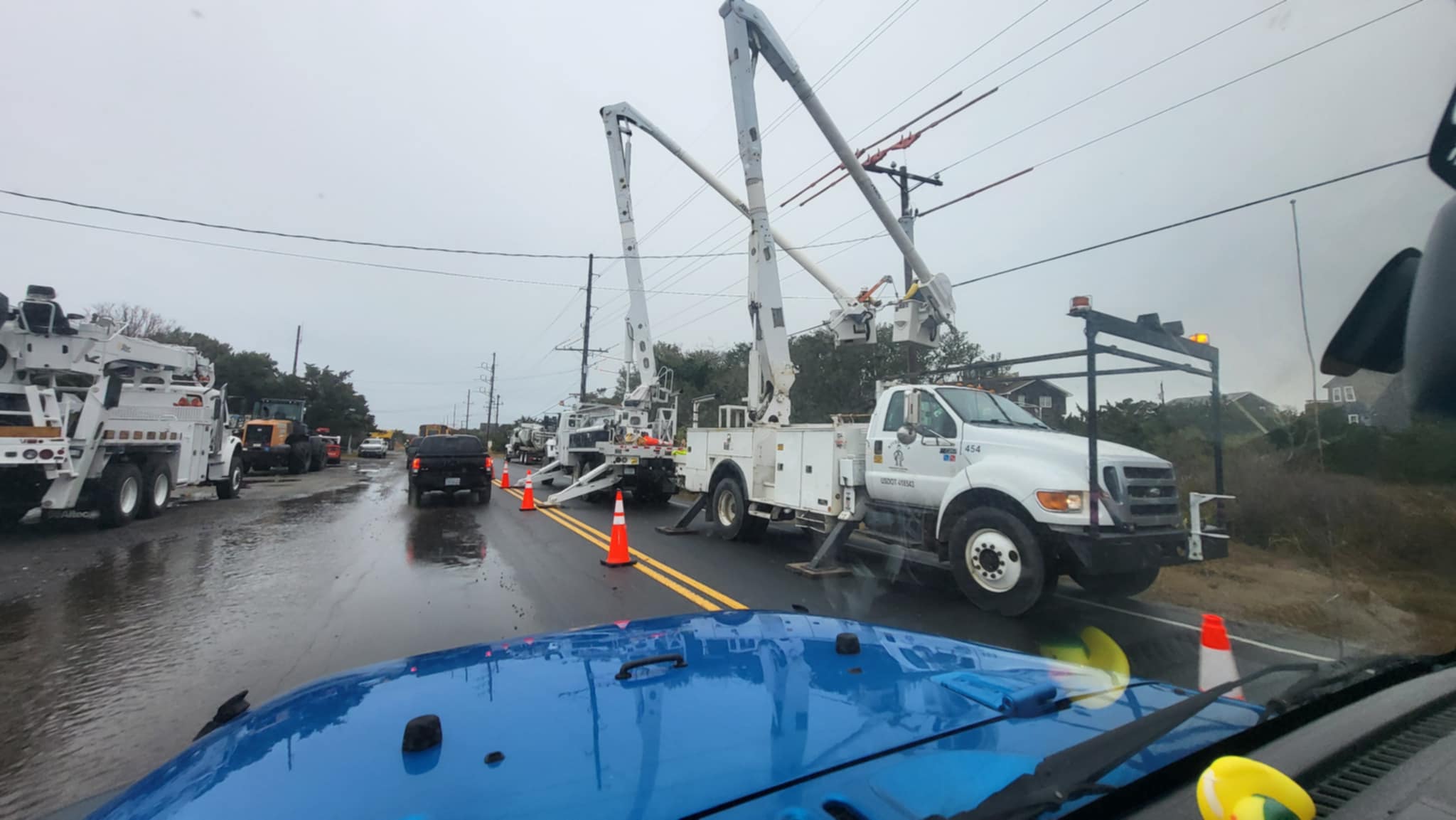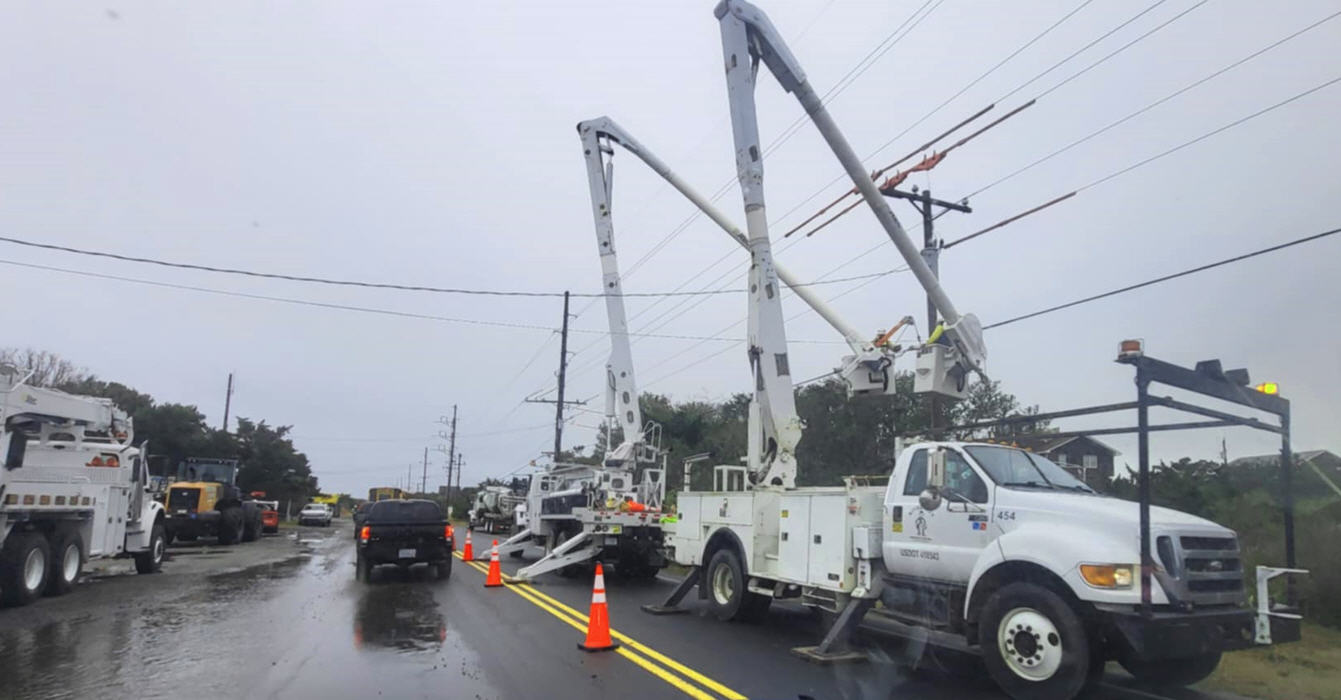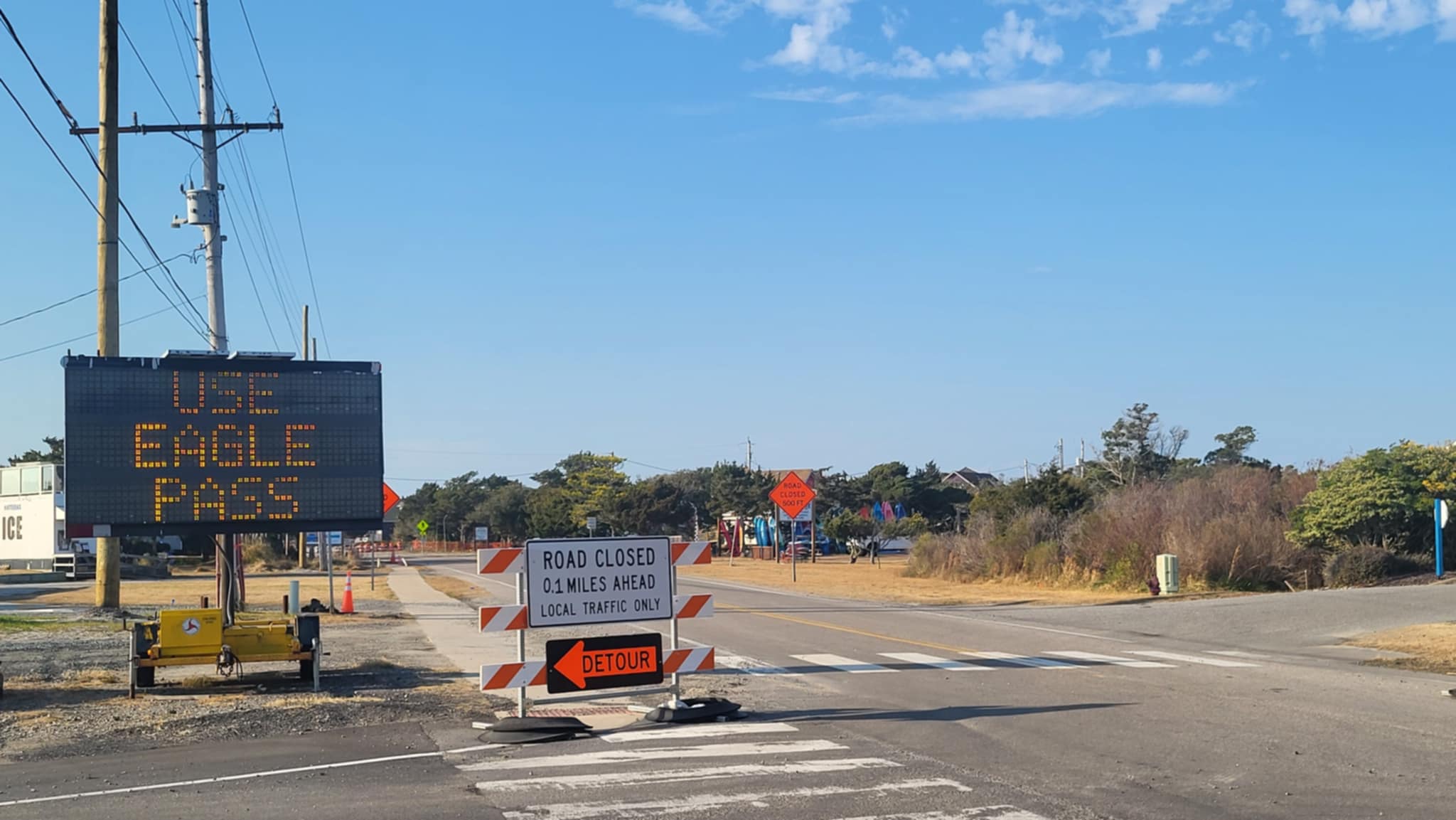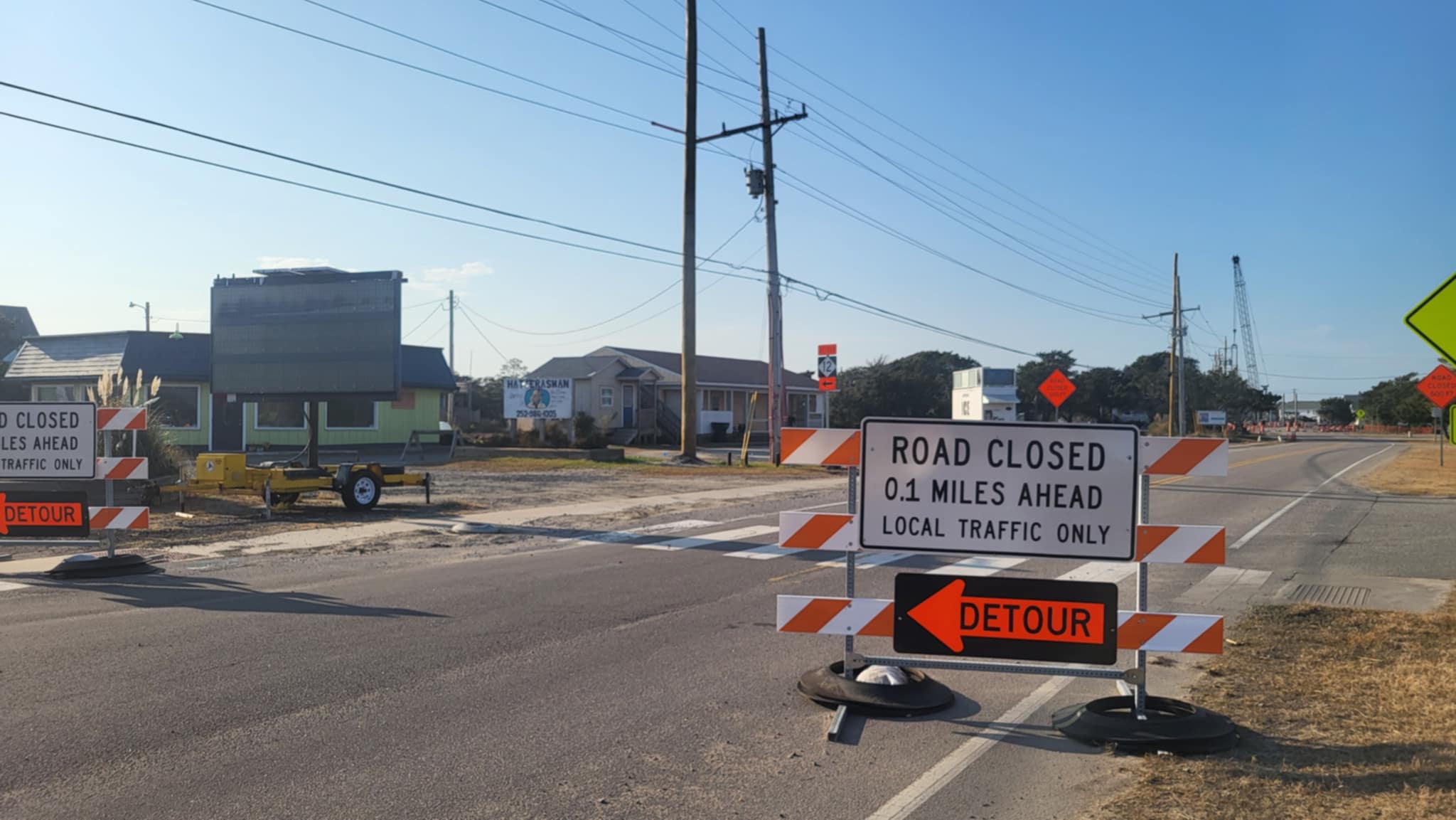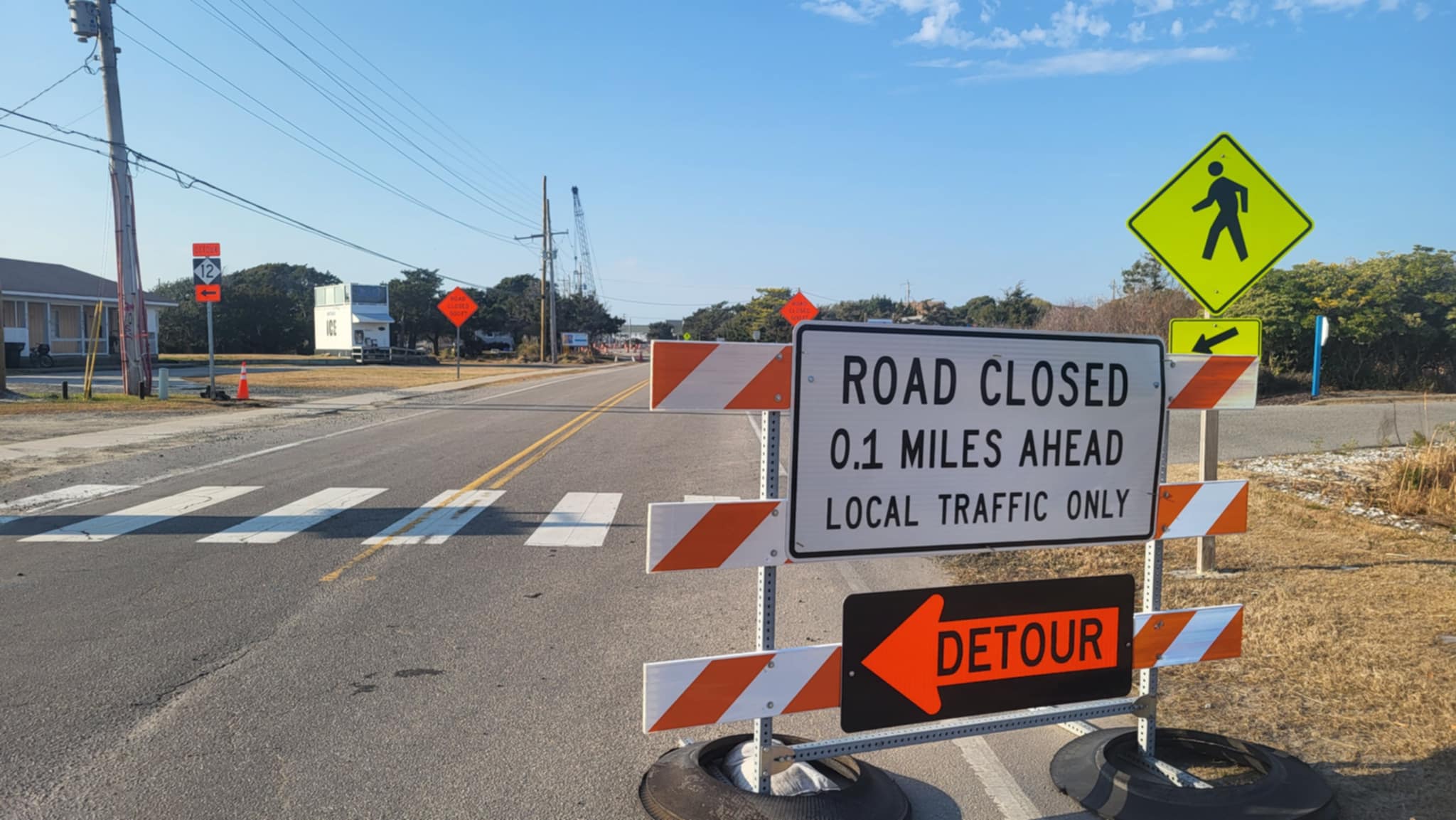First piping plover nest hatches, closes Cape Point and Ramps 44 and 45
First piping plover nest hatches,
closes Cape Point and Ramps 44 and 45
The first piping plover nest of the season has hatched at Cape Point, resulting in the temporary closure of the area from Ramp 43 south to the tip of Cape Point.
According to the National Park Service, Ramp 44 was closed on Saturday, May 12, and ORV and pedestrian access is prohibited beyond that point. In addition, Ramp 45 and the Interdunal Road are closed to ORV and pedestrian access. Ramp 43 remains open with ORV and pedestrian access four-tenths of a mile north.
The area is closed because of piping plover and American oystercatcher chicks.
According to last week Park Services weekly Resource Management Report, there were four active piping plover nests at Cape Point. Two were lost to unknown causes.
There were also 17 active American oystercatcher nests in the seashore with one active brood on Hatteras. Three nests on Hatteras have been lost.
There is also an active nest at Bodie Island and two active nests at South Point on Ocracoke. One nest has been lost in that area.
For information on areas within the Seashore that remain open for recreational uses, see:
http://www.nps.gov/caha/planyourvisit/off-road-vehicle-use.htm or call 252-473-2111, ext. 148.
The first piping plover nest of the season has hatched at Cape Point, resulting in the temporary closure of the area from Ramp 43 south to the tip of Cape Point.
According to the National Park Service, Ramp 44 was closed on Saturday, May 12, and ORV and pedestrian access is prohibited beyond that point. In addition, Ramp 45 and the Interdunal Road are closed to ORV and pedestrian access. Ramp 43 remains open with ORV and pedestrian access four-tenths of a mile north.
The area is closed because of piping plover and American oystercatcher chicks.
According to last week Park Services weekly Resource Management Report, there were four active piping plover nests at Cape Point. Two were lost to unknown causes.
There were also 17 active American oystercatcher nests in the seashore with one active brood on Hatteras. Three nests on Hatteras have been lost.
There is also an active nest at Bodie Island and two active nests at South Point on Ocracoke. One nest has been lost in that area.
For information on areas within the Seashore that remain open for recreational uses, see:
http://www.nps.gov/caha/planyourvisit/off-road-vehicle-use.htm or call 252-473-2111, ext. 148.
The first piping plover nest of the season has hatched at Cape Point, resulting in the temporary closure of the area from Ramp 43 south to the tip of Cape Point.
According to the National Park Service, Ramp 44 was closed on Saturday, May 12, and ORV and pedestrian access is prohibited beyond that point. In addition, Ramp 45 and the Interdunal Road are closed to ORV and pedestrian access. Ramp 43 remains open with ORV and pedestrian access four-tenths of a mile north.
The area is closed because of piping plover and American oystercatcher chicks.
According to last week Park Services weekly Resource Management Report, there were four active piping plover nests at Cape Point. Two were lost to unknown causes.
There were also 17 active American oystercatcher nests in the seashore with one active brood on Hatteras. Three nests on Hatteras have been lost.
There is also an active nest at Bodie Island and two active nests at South Point on Ocracoke. One nest has been lost in that area.
For information on areas within the Seashore that remain open for recreational uses, see:
http://www.nps.gov/caha/planyourvisit/off-road-vehicle-use.htm or call 252-473-2111, ext. 148.
The first piping plover nest of the season has hatched at Cape Point, resulting in the temporary closure of the area from Ramp 43 south to the tip of Cape Point.
According to the National Park Service, Ramp 44 was closed on Saturday, May 12, and ORV and pedestrian access is prohibited beyond that point. In addition, Ramp 45 and the Interdunal Road are closed to ORV and pedestrian access. Ramp 43 remains open with ORV and pedestrian access four-tenths of a mile north.
The area is closed because of piping plover and American oystercatcher chicks.
According to last week Park Services weekly Resource Management Report, there were four active piping plover nests at Cape Point. Two were lost to unknown causes.
There were also 17 active American oystercatcher nests in the seashore with one active brood on Hatteras. Three nests on Hatteras have been lost.
There is also an active nest at Bodie Island and two active nests at South Point on Ocracoke. One nest has been lost in that area.
For information on areas within the Seashore that remain open for recreational uses, see:
http://www.nps.gov/caha/planyourvisit/off-road-vehicle-use.htm or call 252-473-2111, ext. 148.
Subject
Name
(required, will not be published)
(required, will not be published)
City :
State :
Your Comments:
May be posted on the Letters to the Editor page at the discretion of the editor.
May be posted on the Letters to the Editor page at the discretion of the editor.
May be posted on the Letters to the Editor page at the discretion of the editor.
May be posted on the Letters to the Editor page at the discretion of the editor.












